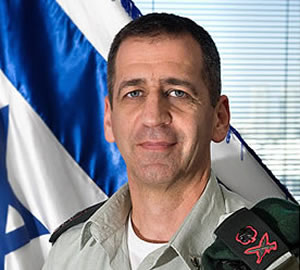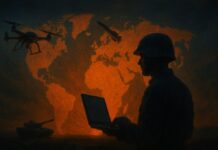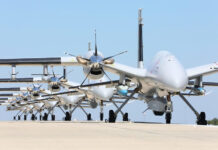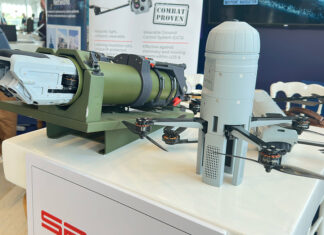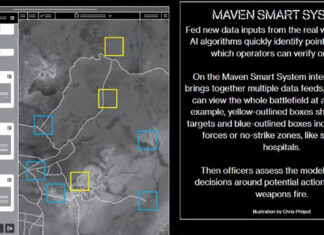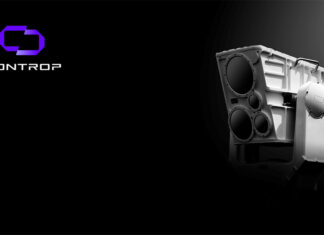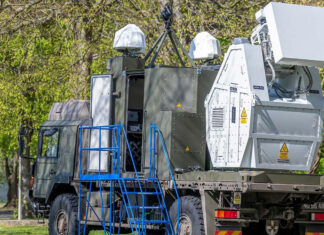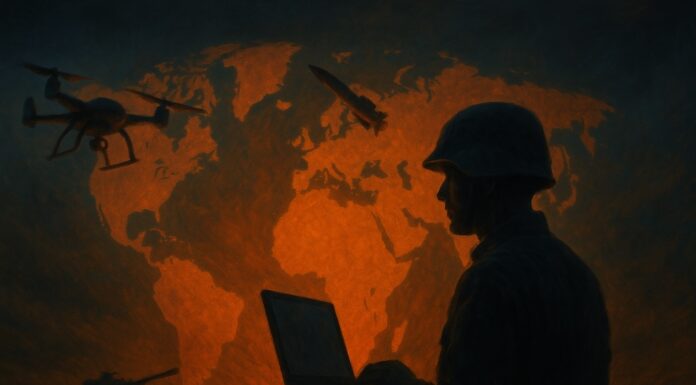“Assad continues to assert his control Syria’s chemical weapons, air force, and military hardware. Assad is making advance preparations to use chemical weapons. He did not give the order yet, but preparing for it.”
Maj. Gen. Aviv Kochavi, IDF Director of Israel Defense Forces (IDF) Military Intelligence said today in his speech today, before 4000 attendees at the 13th annual Herzliya conference. In his presentation, Kochavi analyzed the impact of the changes in the Middle East and reviewed key threats to Israel’s security in 3 central arenas: Syria, Iran and the Palestinian Authority.
Kochavi discussed the rise of radical Islam in the Middle East, saying that “these Muslim Brotherhood movements work to promote their agenda of Sharia states, as well as to achieve more strategic goals and to strengthen their hold in the power, including in the Gaza strip and Turkey.”
Kochavi referred to Syria as a disintegrating state, and expressed his worry of the deterioration in governance and Syria’s ability to control its territories. While Assad is losing control of many parts of Syria, Kochavi said,
“The damages of the imminent fall of Syria are very high for both Iran and Hezbollah. Iran is losing a sole ally in the region surrounding Israel. It will lose the ability to transfer weaponry through Syria to Hezbollah.
Iran and Hezbollah established a 50,000 man army operating in Syria. The damages of the imminent fall of Syria are very high for both Iran and Hezbollah.
Iran and Hezbollah are both doing all in their power to assist Assad’s regime. They support Assad operationally on the ground, with strategic consultation, intelligence, weapons, … Most recently, they are establishing a popular army trained by Hezbollah and financed by Iran, currently consisting of 50,000 men, with plans to increase to 100,000. Iran and Hezbollah are also preparing for the day after Assad’s fall, when they will use this army to protect their assets and interest in Syria.”
On Iran, Kochavi told participants: “Iran’s nuclear program is advancing slower then they planned, but it is moving. At their current pace of enrichment of 14 kilograms of uranium per month, Iran would be able to manufacture 5-6 nuclear bombs, if the order is given. Iran is making sure not to cross any international red lines because the survival of the regime is the biggest priority.” He added, “Iran does not see a high likelihood of an attack on its nuclear facilities by the international community.”
Addressing the calm on the Gaza border he said: “The relative peace and quiet that we have experienced in the past few months are only observed because Hamas wishes it. Following the Pillar of Defense operation Hamas has been deterred, they need to time rehabilitate and need to uphold their deep commitment to Egypt who fostered the agreement.”
In Judea and Samaria, Kochavi said that “the Palestinian street has been turbulent…The economic crisis is a major motivator in this development, and the issue of Palestinian prisoners is genuine as well, in addition to the “price tag” incidents and the lack of hope for a diplomatic solution. However, most events included less than 4000 people. There is no third Intifada potential here.”

